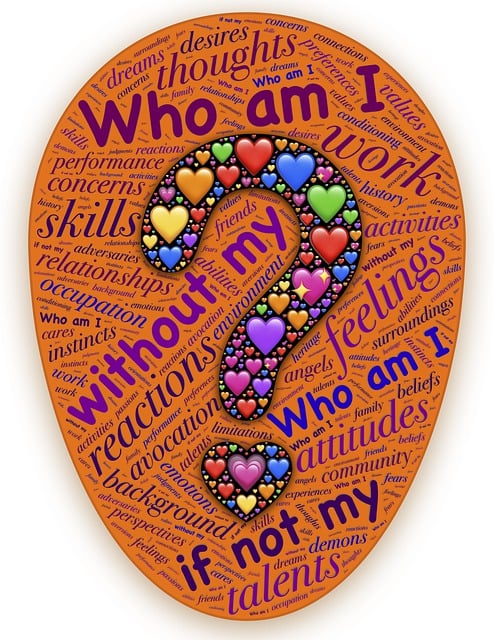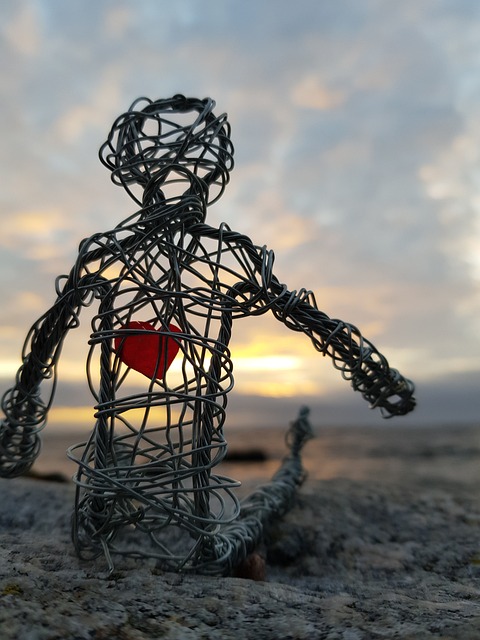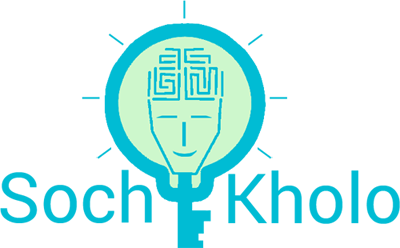‘Ego’ is one word we all must have used, disapproved of, defended, discussed or at least heard about at some point in life for sure. It has been understood differently in different contexts such as Freud’s ‘Ego’ which strives to maintain a balance between our impulsive ‘Id’ and the moralistic and critical ‘Superego’ or the version that is often used interchangeably with ‘pride’. It is also understood as a person’s self-esteem or sense of self-worth by some. These explanations, however, lend themselves to a very superficial understanding of the term, as it limits our understanding of our own selves in a deep sense and comes in the way of our spiritual growth eventually.
So what does ‘ego’ really mean and why is it necessary to have a deeper understanding of the word?
Holistically understanding ego
The word ‘ego’ is originally a Latin word that literally means ‘I’ and refers to the self of a person that thinks, feels, experiences and distinguishes itself from others and the objects of its thoughts. This sense of ‘self’ is illusionary and deceives us into perceiving ourselves as things that we are actually not. It creates a sense of deep attachment to all such objects of reference which we spend most of our lives defending, trying to stay close to or holding onto and find ourselves far removed from the real experience of life as it comes and passes by us from moment to moment. We often end up living in the past or future, reacting to situations rather than responding to them and either getting easily swayed by our experiences or suppressing our emotions.
What is the source of ego?
The ego finds its source and nourishment in all the things we associate with our own beings either as ‘me’ or ‘mine’. Some of these are discussed below.
Roles we play:-
As social beings, we all play several roles in each others’ lives whether they are biology based– such as parent, child, or sibling, or transaction-based such as friend, employer, employee, customer, or client. These are essentially meant to be functional only when we interact with or think about others. For example, I am a daughter to my mother or a friend to my friend only when I am either interacting with them directly or thinking about them. However, with most of us, and most often, the emotions and thoughts following a particular interaction spill over to several moments post-it and often interfere with our ability to be present to other things and roles that require our attention too.
Taking another instance, we are employees only as long as we interact with our employers or our work or work settings; however, most often we end up holding thoughts and emotions of that identity beyond these contexts, affecting our other relationships as well.

The issues-
There may be at least 3 kinds of issues that may crop up when we get attached to our roles and begin to assume that we are our roles rather than just entities playing those roles.
- When we get attached to our roles we may want to make our identities known where they aren’t really relevant, just so we get that extra attention, appreciation or acknowledgment and may feel good or bad based on whether such expectations are fulfilled or not.
- We may constantly think about it and it may even start showing up in our dreams. We may begin to feel the need to prove ourselves or accomplish certain things in those roles, building undue pressure on ourselves or those associated with the role.
- We may start giving a lot more importance and time to those roles that give us pleasure while neglecting those that don’t, tipping off the balance in our lives.
Our identities:-
We are either born with certain identities such as our nationality, religion, caste, gender or creed, or we grow into them based on our interests, abilities, or life choices. Regardless, these are essentially incidental and circumstantial occurrences, which when given too much importance can lead to difficulties in our personal and social realities causing barriers in health, growth, and relationships.
The issues-
- When our identities begin to define us, we associate our self-worth with them which may affect our morale and emotions significantly.
- Associating with certain identities over others inadvertently creates a sense of separation from all those who do not share that particular identity. A certain sense of pride may also arise with regard to that particular identity along with a sense of superiority over the rest or a feeling of insecurity and a need to defend the identity and all those who belong to it.
Our qualities:-
We all have several qualities which show up in different contexts. They may even vary across time in similar contexts. These are once again very momentary and contextual aspects of the way we respond to things. However, we often associate certain qualities with ourselves whether they are pleasant or unpleasant. If we perceive them as pleasant we try to ensure that they are visible more often than not and also take pride in having such qualities. We expect such qualities to be recognized and appreciated by others and given more weightage than unpleasant qualities. Conversely, when we perceive certain qualities in us as unpleasant we tend to hide them in the presence of others, try not to acknowledge them and shun them or at best try to get rid of them.
The issues-
- Our self-worth and therefore the way we see and relate to ourselves gets determined by these qualities
- We are not honest in experiencing or expressing ourselves which eventually leads to internal or external conflicts and possible psychological or psychosomatic disorders.

Our thoughts, emotions, body, and experiences:-
Much like our qualities, our thoughts, emotions and experiences are momentary occurrences that happen and pass by on their own. However, most of us begin to identify with them thinking that we are their creators, and therefore the nature of these occurrences must be a reflection of the kind of people we are. In holding such a perspective we often overlook the fact that these occurrences are in fact a result of the things we have held onto from the past, whether they are our likes, dislikes, conditioning or beliefs and are therefore things that we have gathered from the external world over several years. We tend to judge ourselves or relate to ourselves based on the way these make us feel and let these colour our experiences of the present as well.
The body is the medium through which all these experiences occur. It is simply a mechanism that works on its own and in tandem with the mind. However, it is when we identify ourselves with this mechanism that we feel a sense of separation from the rest of the world and a need to defend, preserve and control everything that is experienced within this mechanism. This feeds the ego immensely. We also get attached to our bodies through the experiences, characteristics and abilities we wish for it to have or not have. In certain cases we begin to associate our worth with it and get stuck further. The discomfort experienced in the body then starts playing on our minds too and we feel overwhelmed by it all. Conversely, we might choose to subject the body to exhilarating and exciting experiences just to feed the pleasure-seeking nature of our ego, while actually causing harm to the body mechanism.
Is there a way out of this constant tendency to get attached to things that are not really us and come out of such ego traps then?
Coming out of ego:
Understanding the ego in a holistic sense is the essential first step to developing the ability to identify the workings, patterns, and tendencies of the ego which essentially operate through our thoughts. As the identification process begins, one may start coming into a state of awareness wherein there are gaps in the thought process that allow for observation and the choice of not operating from ego. With regular practice the frequency and duration of the state of awareness may increase, facilitating a release from the attachments that have been feeding the ego all these years.
In essence, we must understand that ‘we are not what we think’.
By Tanushree Joshi



